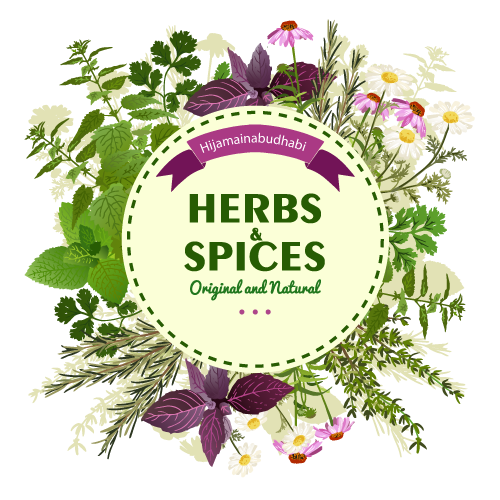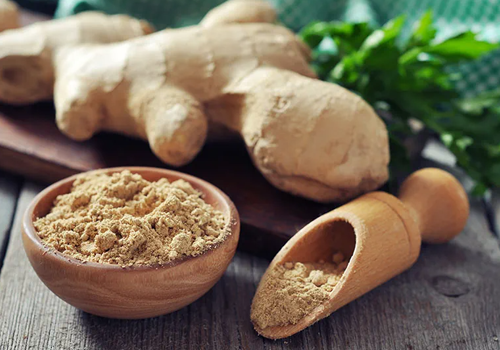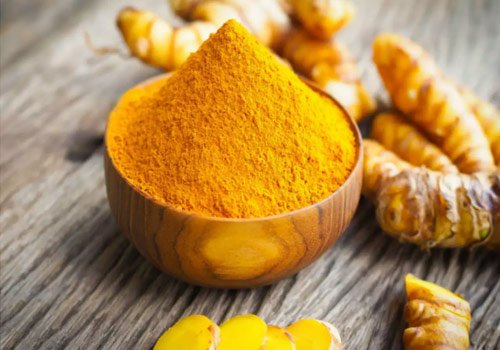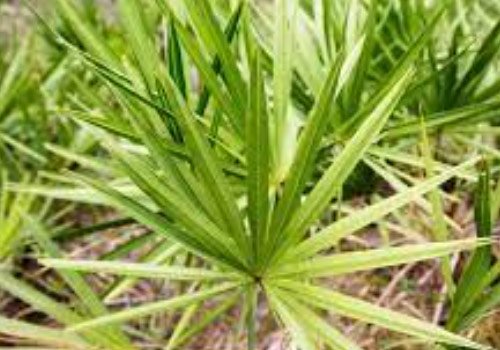
Introduction of Herbal Medicine
An herb is a plant or plant part used for its scent, flavor, or therapeutic properties. Herbal medicines are one type of dietary supplement. They are sold as tablets, capsules, powders, teas, extracts, and fresh or dried plants. People use herbal medicines to try to maintain or improve their health.
About 100 years ago, natural herbs were the main remedy for treating human diseases. It has been estimated that 25% of modern medicines are made from plants first used traditionally [1], such as aspirin, artemisinin, ephedrine, and paclitaxel. However, there is limited scientific evidence to establish the safety and efficacy of most herbal products [2]. With the wide application of chemical drugs, herbal medicine and other traditional therapies have shown sharp contraction.
As a country with rich herbal resource, China is not an exception. In recent decades, spectrum of disease has shifted and the complex chronic diseases have become the main part. The effect of Western medicine treatment is not satisfactory and problems of the adverse drug reaction are also very prominent. The complementary and alternative treatment, especially the herbal medicine, has gained more attention and has also become popular.
What is Herbal Medicine
Herbal medicines are naturally occurring, plant-derived substances that are used to treat illnesses within local or regional healing practices. These products are complex mixtures of organic chemicals that may come from any raw or processed part of a plant.
Herbal medicine has its roots in every culture around the world. There are many different systems of traditional medicine, and the philosophy and practices of each are influenced by social conditions, environment and geographic location, but these systems all agree on a holistic approach to life. Well-known systems of herbal medicine like Traditional Chinese Medicine and Ayurvedic Medicine believe in the central idea that there should be an emphasis on health rather than on disease. By using healing herbs, people can thrive and focus on their overall conditions, rather than on a particular ailment that typically arises from a lack of equilibrium of the mind, body and environment.
Benefits of Herbal Medicine
More Affordable than Conventional Medicine
Modern medical science certainly comes with a high price tag, and pharmaceuticals are no exception. More research is needed to determine the cost-effectiveness in other areas of modern medicine, but the preliminary data suggests that herbal products are more affordable than pharmaceuticals.
Easier to Obtain than Prescription Medications
Herbal products, such as herbal extracts, essential oils and herbal teas, are available in most health food and even grocery stores, so you don’t have to see a doctor to get prescriptions before purchasing them.
Hold Beneficial, Healing Properties
Herbs are used for the treatment of chronic and acute conditions and various ailments, including major health concerns like cardiovascular disease, prostate problems, depression, inflammation and weakened immune system.







